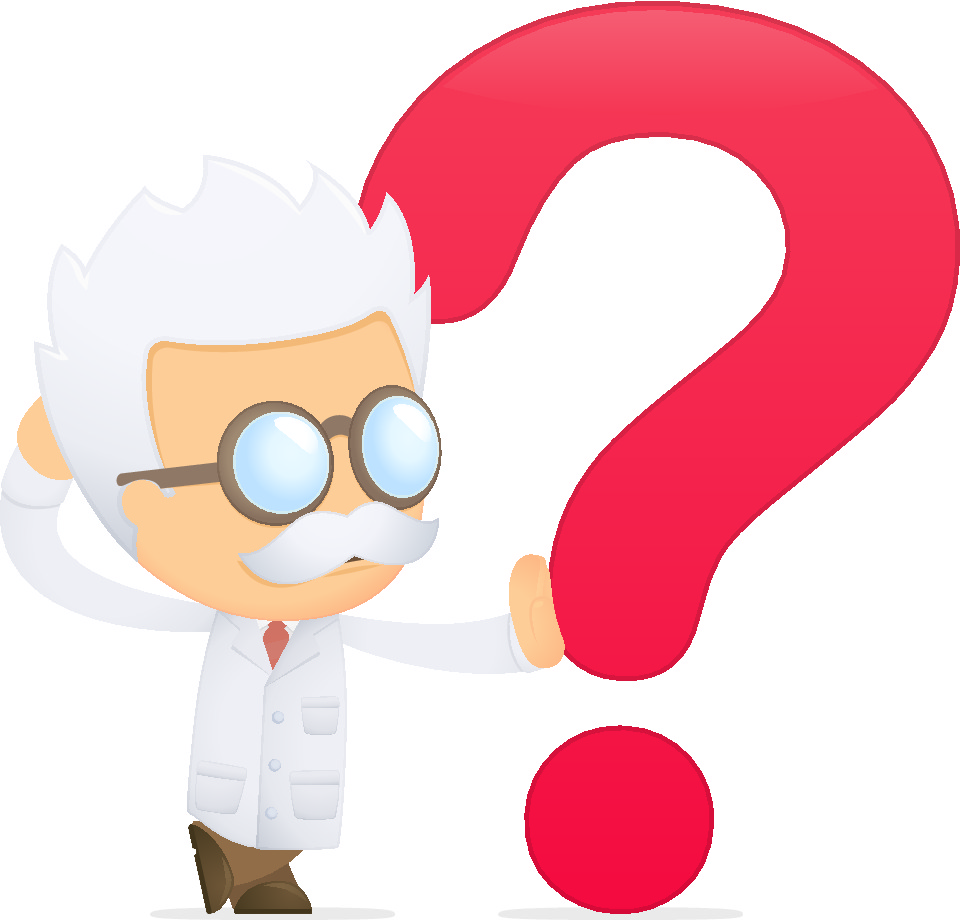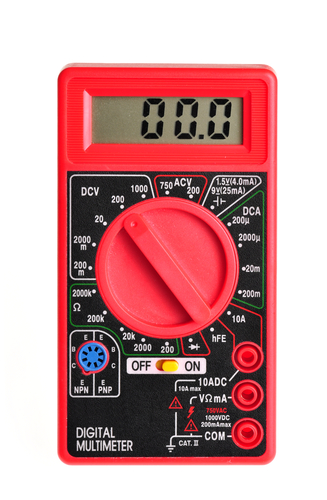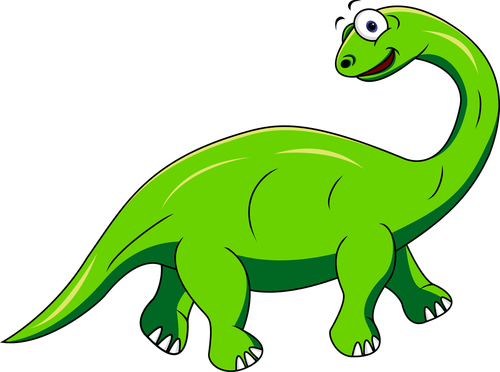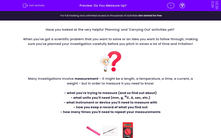Have you looked at the very helpful 'Planning' and 'Carrying Out' activities yet?
When you've got a scientific problem that you want to solve or an idea you want to follow through, making sure you've planned your investigation carefully before you pitch in saves a lot of time and irritation!

Many investigations involve measurement - it might be a length, a temperature, a time, a current, a weight - but in order to measure it you need to know:
- what you're trying to measure (and why)
- what units you'll need (mm, g, oC, A, sec, etc.)
- what instrument or device you'll need to measure with
- how you keep a record of what you find out
- how many times you'll need to repeat your measurements



Another thing you'll need to factor in, as an investigative scientist, is accuracy: are your measurements accurate?
Accurate data is vital - otherwise, the results won't make sense and all that hard work will be wasted.
For example, imagine you wanted to know how fast your pet dinosaur can run.


Let's say you timed it and found it ran 10 m in 3 seconds and then told everyone, "Hey, my Dino can run at 30 miles an hour!"
It's all wrong!! Wrong calculation, wrong units, wrong answer - EEK!
So, let's join Mrs. Bates's Year 5 class who are measuring the size of their school playground in order to work out how to fit in a scale model of our solar system.








